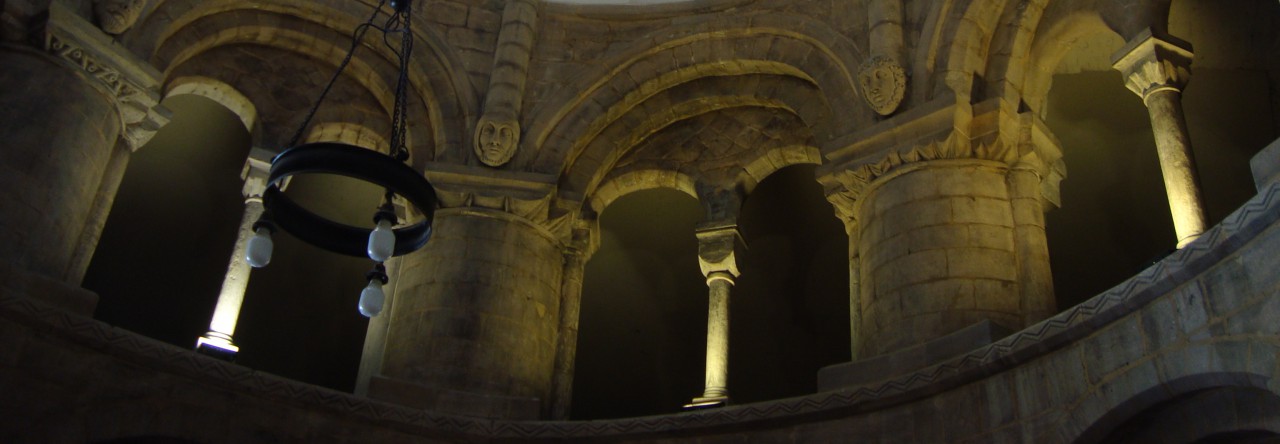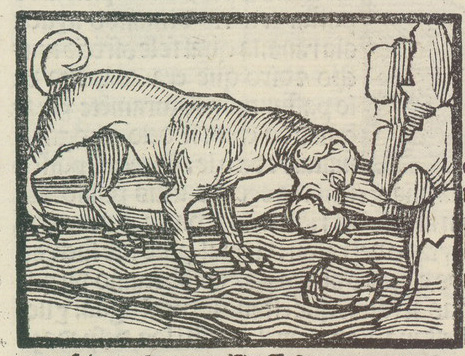Sirius: A Fantasy of Love and Discord
by Olaf Stapledon.
Introduction by Graham Sleight.
Gollancz, 2011 (1944).
In the 1920s Cambridge scientist Thomas Trelone attempts to increase the capabilities of the human mind by experimenting first with dogs.
By injecting hormones in pregnant bitches he produces some super-intelligent sheepdogs with large capacity brains; but it is only with a predominantly Alsatian puppy called Sirius (after the dog star) that he manages to breed an individual capable of human mental processes and feelings.
Unlike normal dogs Sirius ages and matures at the rate corresponding to that of humans and is even just able to form intelligible speech. But here’s the conundrum: what kind of being is this, and how should one treat it?
Continue reading “Despised of men”

